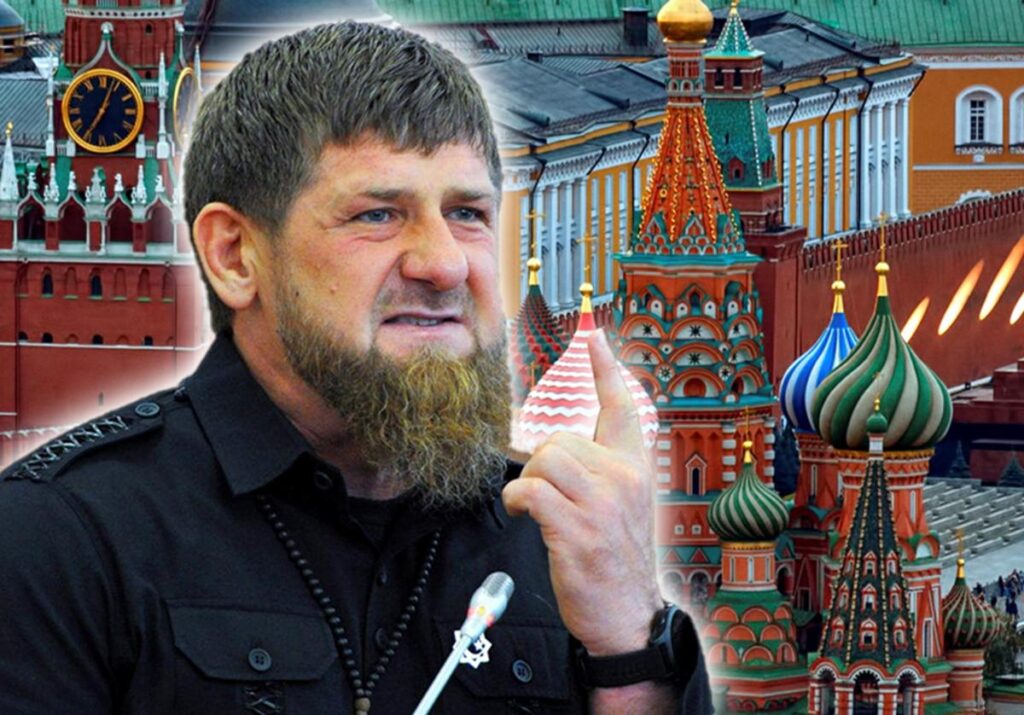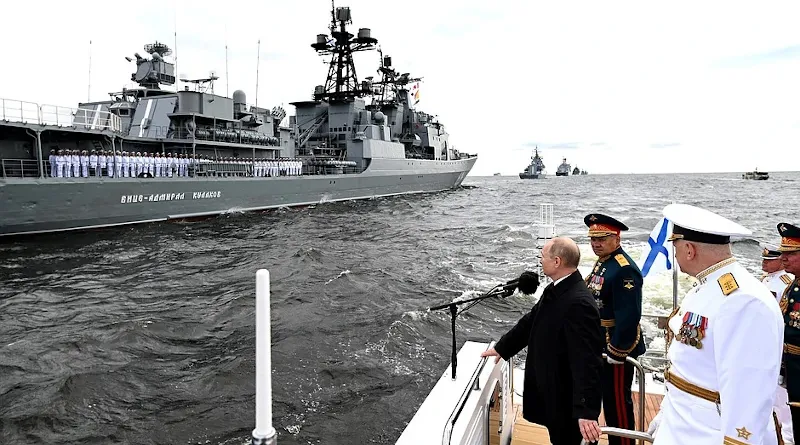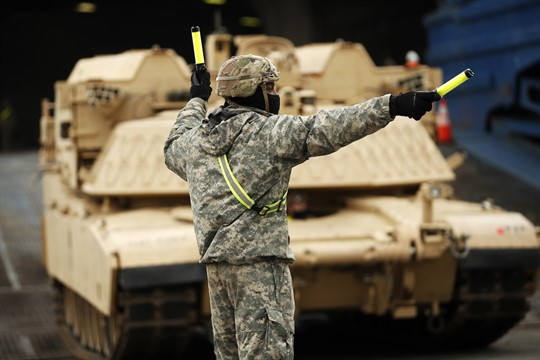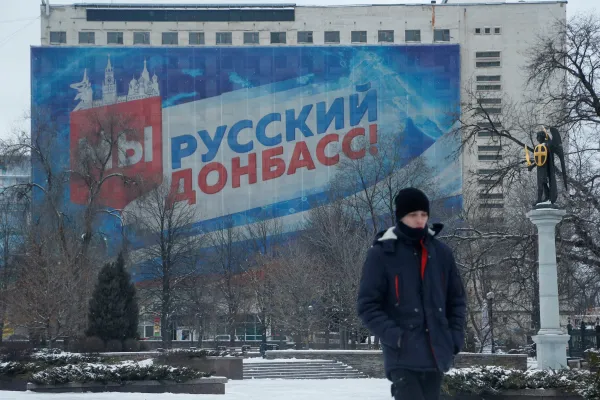Monsieur Fixit
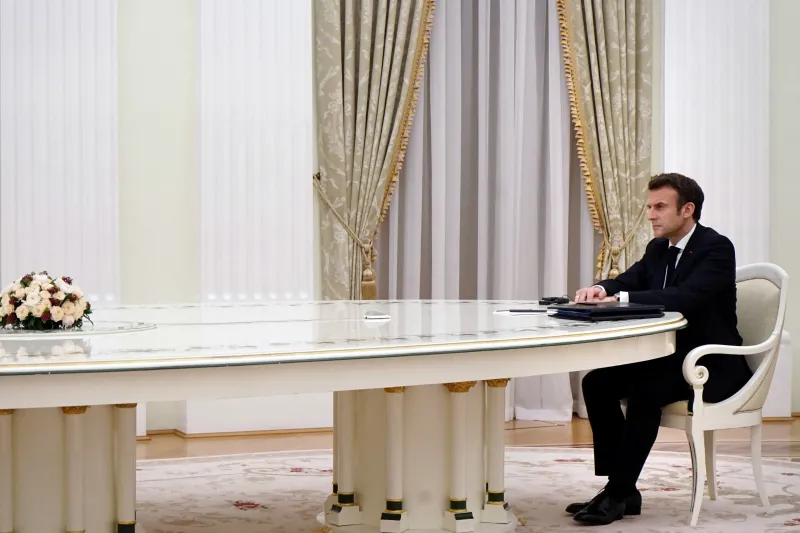
The Perils of Macron’s Shuttle Diplomacy
Just two months before he stands for reelection, French President Emmanuel Macron has launched a bold effort to mediate between Russian President Vladimir Putin and the West over the standoff at the border with Ukraine. After meeting with Putin for five hours on February 7, Macron struck a hopeful tone, telling reporters that Putin had assured him that there would be “no degradation or escalation” of the crisis by Russia. But the following day, as Macron met with Ukrainian President Volodymyr Zelensky in Kyiv before flying to Berlin to meet with his German and Polish counterparts, the Kremlin denied that Putin had made any specific commitment to Macron. From the start, it had been unlikely that these meetings would have much effect: Russia and Ukraine remain very far apart on the status of the Donbas and Ukraine’s sovereign right to decide its own future, and Russia has made de-escalation contingent on demands regarding NATO that many in the West view as unacceptable. Yet this bleak outlook didn’t discourage the French president: such long-odds shuttle diplomacy has been characteristic of Macron, who has made high-profile, if often exceedingly ambitious, diplomatic interventions a hallmark of his five years in office.

